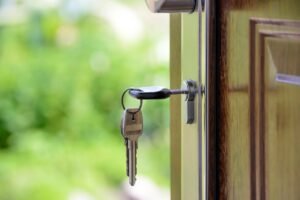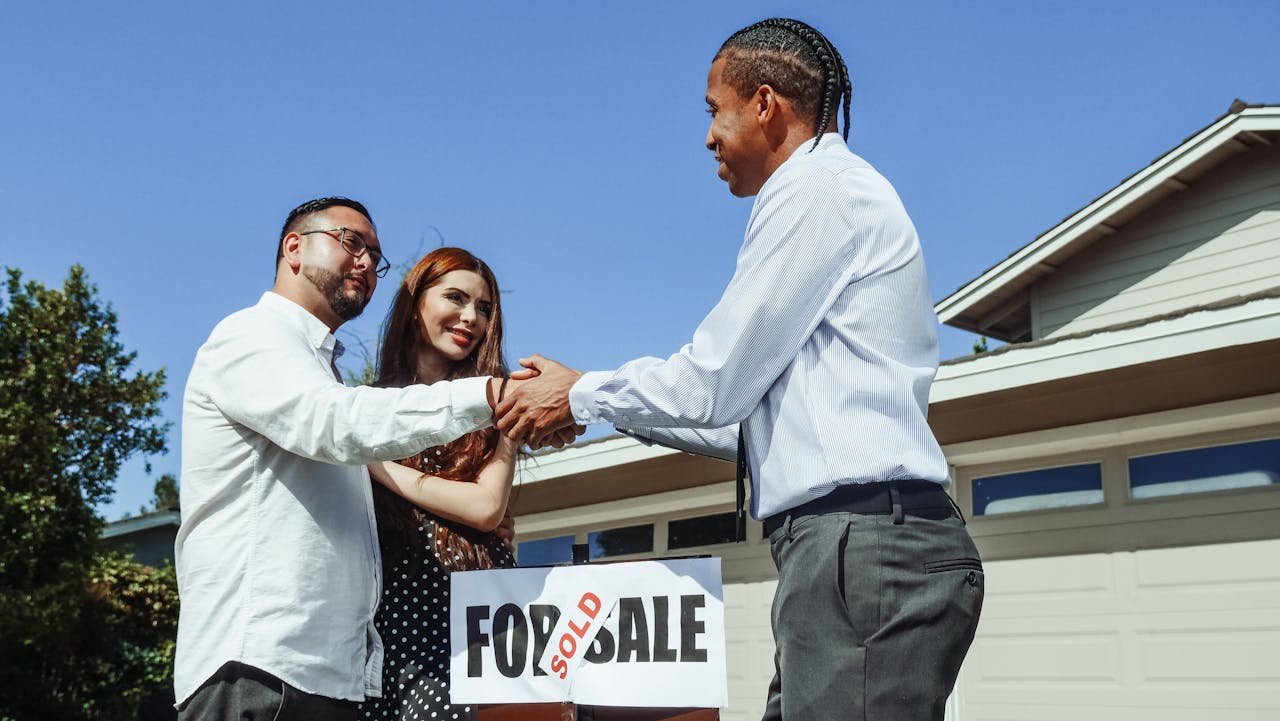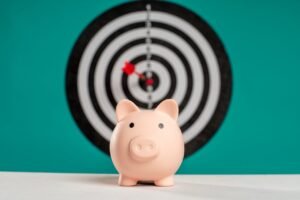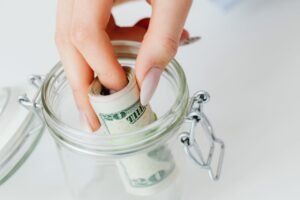Wealth building and the benefits of paying off your mortgage early.

A common goal that people have is to build wealth, achieving financial freedom and paying off your mortgage early will definitely help you out with this. Buying a home is not only a way to provide yourself and your family with a comfortable and secure place to live, but also a way to invest in your future. A home is an asset that it can appreciate over time, especially if you keep it maintained and make improvements that add to its appeal.
What are the benefits of paying off your mortgage early.
By paying off your mortgage early, you can save thousands of dollars in interest, reduce your debt-to-income ratio, and increase your net worth. Paying off your mortgage early also has psychological and emotional benefits. You can enjoy the peace of mind that comes from knowing that you own your home outright, and that you don’t have to worry about monthly payments or rising interest rates. You can also use the money that you save from not having a mortgage to pursue other goals, such as saving for retirement, starting a business, traveling the world, or donating to causes that you care about.
What should be considered?
Now with all of that being said, let’s talk about what you should do if you already have a mortgage and you want to pay it off early, then we will talk about how to buy a home with the idea that you are going to pay it off early.
If you are ready to kick that mortgage in the teeth and get it gone forever, you should consider this. This first should be a getting out of debt/wealth building strategy. In which case this is a proven strategy we recommend.
- First get on a budget. We recommend a zero-based budget. You also might be interested in our article called How to Budget Like a Pro and One Bonus Tip That Will Elevate Your Financial Game.
- Then start a mini emergency fund of $1,000.
- Next pay off all debt starting from the smallest to the largest except for the house.
- After that, get a fully funded emergency fund of three to six months of expenses.
- Now that our emergency fund is in place, we want to start investing 15% of our income into retirement.
- After 15% has been taken out of our income the rest will go to our mortgage. If you have kids, this is where you would also want to save for their college fund.
So how might we go about paying off our mortgage early?
There are different strategies that you can use to pay off your mortgage early, depending on your financial situation and preferences. Some of the most common ones are:
- Making extra payments: You can make extra payments towards your principal balance whenever you have extra money, such as bonuses, tax refunds, inheritance, or windfalls. This will reduce the amount of interest that you pay over the life of the loan and shorten the term of the loan.
- Refinancing: You can refinance your mortgage to get a lower interest rate, a shorter term, or both. This will lower your monthly payments and help you pay off your loan faster. However, you should be aware of the costs and fees involved in refinancing, and make sure that they don’t outweigh the benefits.
- Biweekly payments: You can pay half of your monthly payment every two weeks, instead of once a month. This will result in 13 full payments per year, instead of 12, and help you pay off your loan sooner.
- Lump sum payments: You can pay a large amount of money towards your principal balance at once, such as when you sell another property, receive an inheritance, or win the lottery. This will significantly reduce your loan balance and interest payments, and help you pay off your loan faster.
Whatever strategy you choose, make sure that you consult with your lender and check if there are any prepayment penalties or fees involved. You should also review your budget and make sure that you can afford the extra payments without compromising your other financial obligations and goals.
Are you thinking about buying a home but haven’t yet.
Maybe you are asking what if you don’t own a home yet but want to buy one and pay for it as soon as possible. This is great thinking on your part. The first steps above still apply but with a slight modification. Keep in mind also that this method will likely give your credit score a bit of a boost because you paid off all your debt. This will definitely help you with the home buying process. Banks like to see good credit and no debt walk through their doors.
- First get on a budget. We recommend a zero-based budget. You also might be interested in our article called How to Budget Like a Pro and One Bonus Tip That Will Elevate Your Financial Game.
- Then start a mini emergency fund of $1,000.
- Next pay off all debt starting from the smallest to the largest except for the house.
- After that, get a fully funded emergency fund of three to six months of expenses.
- Now that our emergency fund is in place, we want to start investing 15% of our income into retirement (you might put this on hold in order to save for a downpayment on a new home, but that would depend on your age).
- After 15% has been taken out of our income the rest will go to our down payment for your new home.
Buy your new home with this in mind.

When thinking about buying a home and deciding how to pay for it, the obvious ideal situation would be to save up and pay cash for it. Unfortunately, most people do not have that type of income in order to do that. Here are some other thoughts to consider.
- Figure out how much you can afford on a mortgage by doing a budget and a net worth analysis. Find more on a net worth analysis in our article called How to Set Financial Goals and The Benefits of Having Them.
- A good rule of thumb for how much you can afford on a mortgage payment or even if you are looking to rent would be no more than 25% of your take home pay for a monthly payment. You do not want to get into a mortgage where you are maxed out at the beginning. Big mistake!
- Save enough money to put a 20% minimum downpayment on the home. This will keep you from having to pay for private mortgage insurance (PMI). This alone will save you a decent amount of money on your monthly payment.
- Ideally you will get a 15 year loan term with a fixed interest rate. This may cost you more monthly but the amount you will save on interest is awesome. Put more than 20% down to get that payment down. Imagine no payments in 15 years. Time flies by quick! However, a 30 loan term with a fixed interest rate is still something that could be done. You would still put a minimum of 20% down on the home and your payments would need to be no more than 25% of your monthly take home pay. You would be doing this with the idea that you will pay of the home a lot sooner than 30 years.
- A fixed interest rate is a must, or you are leaving yourself open for trouble down the road.
Final thoughts
An article on the moneysence website called Should you pay off your mortgage early? states “Another reason to pay off your mortgage is that owning a principal residence without debt gives you the financial freedom to funnel money that formerly went to your mortgage into your savings or to pursue lifelong dreams, like travelling.”
Buying a home and paying it off early is one of the best ways to build wealth and achieve financial freedom. It can help you increase your net worth, save money on interest payments, and enjoy the benefits of homeownership without any debt. If you are interested in this goal, start planning today and take action towards making it a reality.




